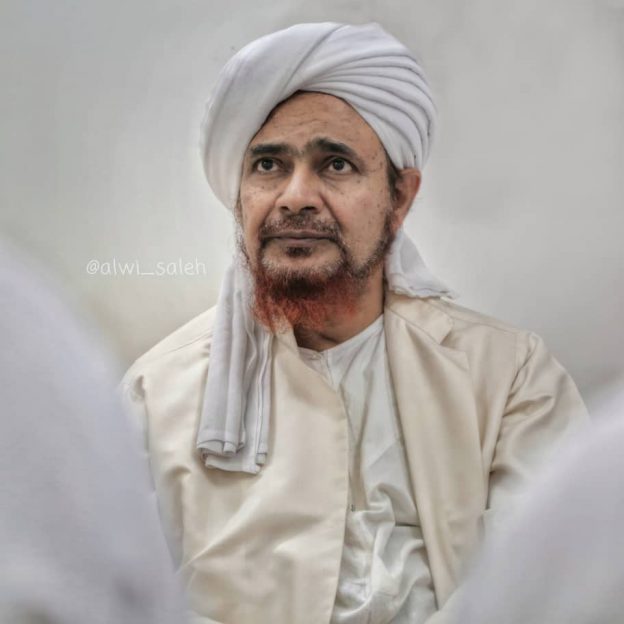Answered by Sayyidi Habib Umar bin Hafiz (may Allah protect him and benefit us by him)
How do we deal with those who condemn celebrating the mawlid?
The mawlid is part of the Prophetic Biography (Sirah) and it should be treated just as the Sirah, the remembrance of Allah and the remembrance of the Prophet ﷺ are treated. Continue reading On Dealing With Those Who Disagree With the Mawlid






